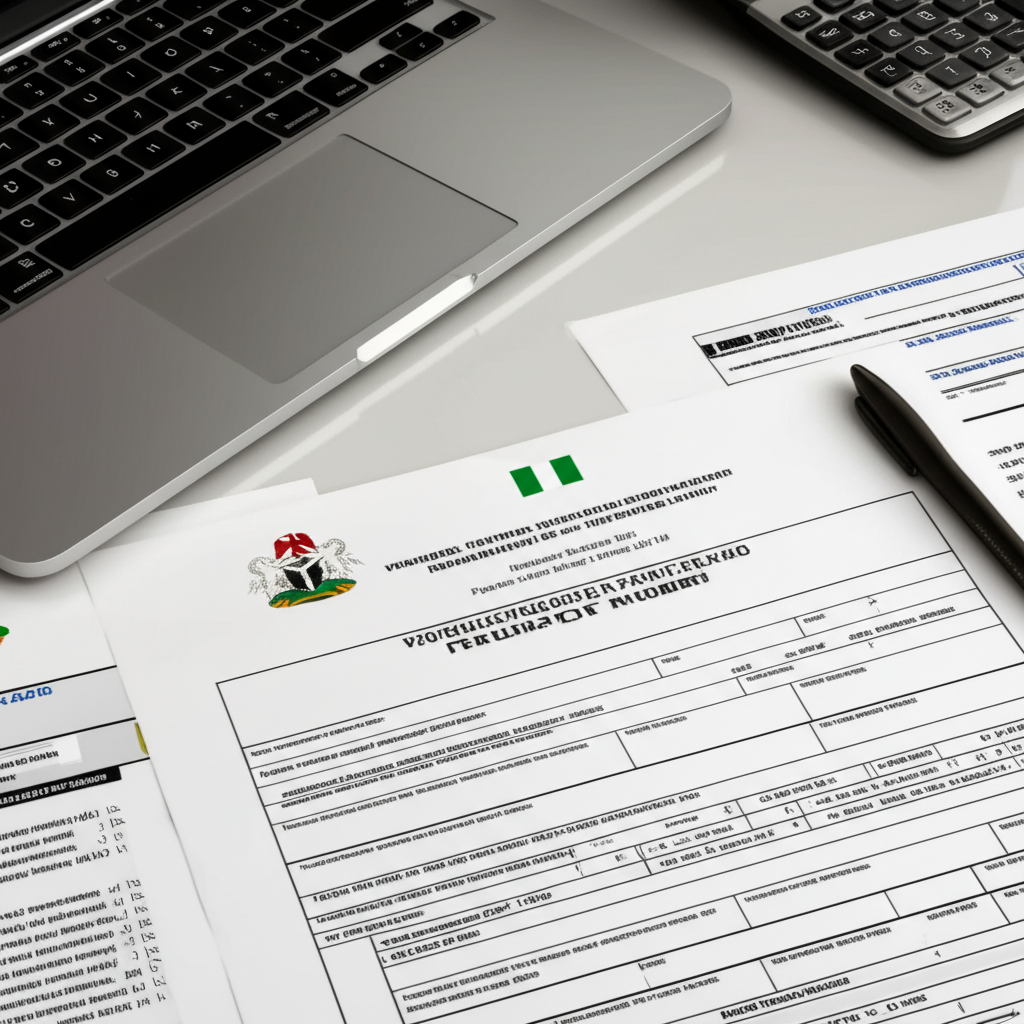Freelancer Tax Guide: Maximizing Deductions in Nigeria
A complete guide for Nigerian freelancers on tax obligations, allowable deductions, and strategies to minimize tax liability legally.
As a freelancer in Nigeria, understanding your tax obligations and maximizing legitimate deductions can significantly impact your bottom line. This comprehensive guide covers everything you need to know.
Tax Obligations for Freelancers
Freelancers in Nigeria are subject to personal income tax and must file annual returns with their state tax authority. The tax rates vary by state but generally follow a progressive structure.
Allowable Business Deductions
Home Office Expenses
If you work from home, you can deduct a portion of your rent, utilities, and maintenance costs based on the percentage of your home used for business.
Equipment and Software
Computers, software licenses, cameras, and other tools necessary for your freelance work are fully deductible.
Professional Development
Courses, certifications, books, and training materials that enhance your professional skills are deductible expenses.
Marketing and Networking
Website costs, business cards, networking events, and marketing materials can be deducted as business expenses.
Record Keeping Best Practices
Separate Accounts
Maintain separate business and personal bank accounts
Detailed Records
Keep detailed records of all income and expenses
Save Receipts
Save receipts and invoices for at least 6 years
Accounting Software
Use accounting software to track finances
Quarterly Tax Planning
Instead of waiting until year-end, review your tax situation quarterly to make estimated payments and avoid penalties.
🤖 AI in Action: Real Example
"Your Q4 tax liability is ₦500,000. I've identified ₦150,000 in deductible expenses from your recent marketing campaigns. Shall I prepare the tax return?"

